Are you looking for Best Payment Gateways for Small Businesses? If Yes, You are at the right place.
Small businesses need reliable and secure solutions for processing payments. A payment gateway is a crucial tool that facilitates online transactions between customers and businesses. As the world becomes more connected and e-commerce continues to grow, small businesses must choose the right payment gateway to meet their needs in 2025.
A payment gateway acts as the bridge between the customer’s bank and the business’s merchant account, processing the payment securely and quickly. Without a trusted payment gateway, businesses risk losing sales or facing security vulnerabilities. Choosing the right payment gateway is an essential decision that can improve customer satisfaction, streamline operations, and contribute to overall business success.
This article explores the top payment gateways for small businesses in 2025, examining key factors such as ease of integration, security features, transaction fees, and global support.
What is a Payment Gateway?
A payment gateway is a technology that facilitates the secure processing of online payments. It acts as the bridge between the customer’s bank and the business’s merchant account, encrypting sensitive payment information to ensure secure transactions. Beyond local transactions, payment gateways also play a vital role in cross-border e-commerce by supporting multi-currency payments, enhancing international fraud protection, and enabling global customer reach.
How Do Payment Gateways Work?
When a customer makes a purchase on a website, the payment gateway encrypts the payment information (such as credit card details) and sends it to the payment processor. The processor then communicates with the customer’s bank or card issuer for authorization. Once the payment is approved, the funds are transferred to the business’s account, completing the transaction.
Criteria for Choosing a Payment Gateway for Small Businesses
Before diving into the top options, let’s first understand the key factors small businesses should consider when selecting a payment gateway:
Ease of Integration
A payment gateway should seamlessly integrate with your website or e-commerce platform. The easier it is to set up, the less time you’ll spend dealing with technical issues. Many payment gateways come with plugins for popular e-commerce platforms such as Shopify, WooCommerce, and BigCommerce, simplifying the process for small business owners.
Security Features
Security is a critical concern when dealing with online payments. Payment gateways must comply with industry standards such as the Payment Card Industry Data Security Standard (PCI DSS). They should also provide encryption and fraud prevention tools to protect sensitive customer data from cybercriminals.
Transaction Fees
Transaction fees vary significantly between payment gateways. While some charge a flat fee per transaction, others charge a percentage-based fee. For small businesses, it’s important to weigh transaction costs against the value provided by the gateway. Low fees are attractive, but they should not come at the cost of poor customer support or limited features.
Customer Support and Service
Having a responsive customer support team can be invaluable when troubleshooting issues. Look for a payment gateway that offers 24/7 support, especially if you run an e-commerce store with customers across multiple time zones.
Multi-Currency and Global Support
If your small business plans to expand globally, look for a payment gateway that supports multiple currencies and international transactions. A gateway with this capability will help you avoid additional fees and complications when processing payments from overseas customers.
Top 10 Best Payment Gateways for Small Businesses in 2025
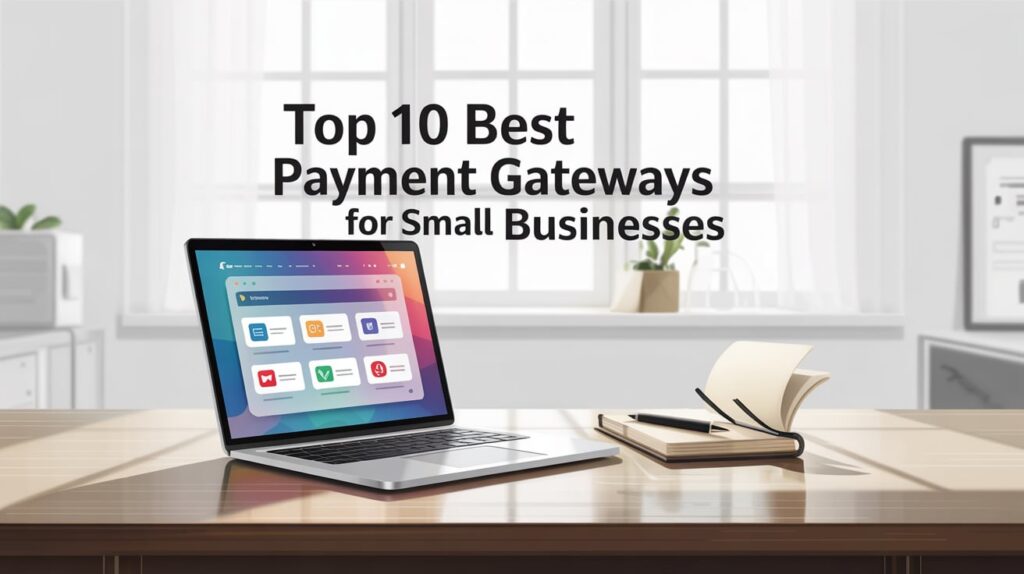
Here are the list of Top 10 Best Payment Gateways for Small Businesses in 2025..
1. PayPal
PayPal has long been one of the most well-known and trusted payment gateways worldwide, serving millions of businesses and consumers. As one of the pioneers of online payment processing, PayPal offers a user-friendly and secure solution for businesses of all sizes. Small businesses benefit from its easy integration, reliable security measures, and widespread customer trust.
PayPal also provides a range of services, including mobile payments, recurring billing, and the ability to process transactions in multiple currencies, making it a go-to choice for entrepreneurs looking to tap into the global market.
Key Features:
- Secure and fast payment processing.
- Integration with most e-commerce platforms.
- Support for multiple currencies.
- Buyer and seller protection.
Pros:
- Trusted by customers worldwide.
- No monthly fees for basic accounts.
- Easy integration with websites and mobile apps.
Cons:
- Transaction fees are relatively high for international payments.
- Limited customer service response time.
PayPal is ideal for small businesses with a large online presence and those looking for a low-cost, easy-to-implement solution that offers strong consumer trust and quick processing.
2. Stripe
For small businesses that need a robust, flexible, and developer-friendly solution, Stripe stands out as an excellent choice. This payment gateway is widely popular among tech-savvy entrepreneurs, developers, and startups. Stripe’s flexibility makes it easy to customize the payment process according to the specific needs of the business.
It integrates seamlessly with various platforms, supports multiple payment methods, and includes advanced features like subscription billing and detailed analytics. Whether you are launching a subscription-based service or want to provide customers with multiple payment options, Stripe delivers all the tools necessary to create a seamless transaction experience.
Key Features:
- Supports credit cards, Apple Pay, Google Pay, and other local payment methods.
- Provides advanced features for recurring billing and subscription services.
- Detailed analytics and reporting tools.
Pros:
- No setup or monthly fees.
- Excellent for businesses requiring subscription or recurring payments.
- Strong developer support for customizations.
Cons:
- Customer support can be slow at times.
- Slightly complex for non-technical users.
Stripe is perfect for businesses looking for flexibility, particularly those in tech or subscription-based industries that need powerful payment processing features.
3. Square
Square has revolutionized the way small businesses handle both online and offline payments. With its intuitive user interface and seamless integration across a variety of platforms, Square offers a versatile payment solution.
Whether you run a brick-and-mortar store, an online shop, or a combination of both, Square simplifies transactions with its transparent pricing and easy setup. Square’s point-of-sale (POS) system is especially popular among small retail businesses, and its ability to integrate with e-commerce platforms makes it an all-in-one payment solution.
Key Features:
- Seamless integration with e-commerce platforms.
- No monthly fees and competitive transaction rates.
- In-person point-of-sale (POS) system available for physical stores.
Pros:
- No setup or monthly fees.
- Free POS system for in-person sales.
- Transparent pricing.
Cons:
- Limited international availability.
- Fees for some advanced features like invoicing and payroll.
Square is an excellent option for businesses that sell both online and in-person, providing a simple and cost-effective solution to meet the payment processing needs of growing businesses.
4. Shopify Payments
If you’re already using Shopify to power your e-commerce business, then Shopify Payments is the perfect built-in solution for managing payments. This payment gateway is integrated directly with the Shopify platform, making it incredibly easy to set up and use.
Shopify Payments supports multiple payment methods, including credit cards and digital wallets, and offers zero transaction fees for Shopify users. Additionally, the platform offers built-in fraud analysis tools, ensuring that businesses and customers are protected during transactions.
Key Features:
- Zero transaction fees for Shopify users.
- Supports multiple payment methods including credit cards, digital wallets, and more.
- Built-in fraud analysis.
Pros:
- Great integration with Shopify’s platform.
- Lower fees for Shopify users.
- Simple setup process.
Cons:
- Available only for Shopify users.
- Limited availability in some countries.
Shopify Payments is the go-to solution for Shopify merchants who need a seamless, efficient payment gateway that works effortlessly within the Shopify ecosystem.
5. Authorize.Net
For small businesses seeking a reliable and well-established payment gateway, Authorize.Net has long been a trusted name. With over two decades of experience, Authorize.Net offers a secure and flexible payment processing platform that supports both online and in-person transactions.
It is ideal for businesses that need robust fraud prevention, recurring billing, and comprehensive customer support. Authorize.Net works well with most e-commerce platforms and provides multiple payment options, including credit cards, debit cards, and e-checks.
Key Features:
- Comprehensive fraud protection tools.
- Easy integration with most e-commerce platforms.
- Support for recurring billing and subscriptions.
Pros:
- Excellent customer support.
- Multiple payment options including credit cards, debit cards, and e-checks.
- Robust fraud prevention tools.
Cons:
- Monthly fees.
- Setup costs may be higher for smaller businesses.
Authorize.Net is a great option for businesses that require robust security features and support for a wide variety of payment methods, offering peace of mind with excellent customer support.
6. Braintree
As part of the PayPal family, Braintree offers a flexible and powerful payment processing platform that supports credit cards, debit cards, digital wallets, and even cryptocurrency. Designed for businesses with advanced needs, Braintree offers an intuitive API for developers, making it a popular choice for tech-savvy businesses looking for customizable payment solutions.
With support for over 130 currencies, Braintree is also ideal for businesses targeting an international market. Its integration with PayPal further simplifies transactions for customers who already have PayPal accounts.
Key Features:
- Supports payments in over 130 currencies.
- Advanced fraud protection and security tools.
- Integration with PayPal for easier transactions.
Pros:
- Great for mobile payments.
- Flexible and customizable solution.
- No monthly fees for basic accounts.
Cons:
- Slightly more complex for non-developers.
- Not as user-friendly as some other options.
Braintree is perfect for businesses with a tech-savvy team that need advanced features and mobile payment solutions, particularly those with global ambitions.
7. 2Checkout (Verifone)
2Checkout (now part of Verifone) is a global payment gateway that supports businesses in over 200 countries and territories, making it an ideal choice for companies looking to expand internationally.
2Checkout allows businesses to accept payments in over 87 currencies and supports 15 languages, offering a versatile solution for businesses targeting diverse, global customers. Whether you’re selling physical products or offering digital services, 2Checkout offers the flexibility to handle various payment types, including credit cards, PayPal, and digital wallets.
Key Features:
- Support for 87 currencies and 15 languages.
- Flexible payment options (credit cards, PayPal, digital wallets).
- Advanced fraud protection.
Pros:
- Great for global businesses.
- Offers both online and mobile payment processing.
- Multi-currency support.
Cons:
- Higher transaction fees for some regions.
- Customer support can be slow.
2Checkout is an excellent choice for small businesses targeting international customers and requiring diverse payment options that can scale with their growth.
Key Considerations Before Choosing a Payment Gateway
When selecting a payment gateway for your small business, keep in mind the following considerations:
Volume of Transactions
The volume of your transactions will significantly impact which gateway is best for you. If you process a high number of transactions, you may want a gateway with lower fees or better bulk payment processing.
Target Market
Understanding your customer base is crucial. Are most of your customers local, or do you have an international market? For businesses with a global reach, choose a gateway that supports multiple currencies and international payment methods.
Platform Compatibility
Ensure that the payment gateway integrates smoothly with your website or e-commerce platform. Many gateways offer plugins for popular platforms like WooCommerce, Shopify, and Magento, which simplify integration.
Payment Methods
Offer a variety of payment methods to cater to your customers. Besides credit cards, consider adding digital wallets like Apple Pay, Google Pay, or even cryptocurrency, depending on your customer preferences.
What are the Typical Fees Charged by Payment Gateways?
Payment gateways usually charge fees in one of two ways: a percentage of each transaction or a flat fee per transaction. Some may also charge additional fees for setup, monthly maintenance, or advanced features like fraud protection. Transaction fees typically range from 2% to 4% per transaction, but they can vary based on the gateway and business needs.
Can I Use Multiple Payment Gateways for My Business?
Yes, many businesses choose to use multiple payment gateways to offer customers different payment options. This can be helpful for expanding your customer base and ensuring a smooth experience for customers who prefer different payment methods (credit cards, PayPal, Apple Pay, etc.).
FAQs
Which Payment Gateway is Best for Small Businesses in 2025?
The best payment gateway for your business depends on your specific needs. For example:
- PayPal is great for businesses looking for easy setup and global reach.
- Stripe is ideal for tech-savvy businesses with higher customization needs.
- Square is perfect for businesses with both an online and physical store.
- Shopify Payments is the best option for Shopify store owners.
You should evaluate factors like transaction fees, ease of integration, security, and customer support when making your decision.
Do I Need to Worry About PCI Compliance When Using a Payment Gateway?
Yes, PCI DSS (Payment Card Industry Data Security Standard) compliance is crucial to ensure that your payment processing meets security standards. Reputable payment gateways are usually PCI-compliant, meaning they follow the necessary protocols to protect sensitive data. However, it’s always good practice to verify that your payment gateway meets these requirements.
Can I Accept International Payments with My Payment Gateway?
Many payment gateways support international transactions, allowing you to accept payments in multiple currencies. If your business serves customers worldwide, choose a payment gateway that supports global payments and currency conversion, such as PayPal, Stripe, or 2Checkout.
How do I Integrate a Payment Gateway into My Website or Online Store?
Most payment gateways provide detailed documentation and support to help with integration. Many e-commerce platforms like Shopify, WooCommerce, and BigCommerce offer built-in payment gateway integrations, which make the setup process simple. If you’re using a custom website, you may need a developer to handle the integration.
Can a Payment Gateway Help Me with Fraud Prevention?
Yes, many payment gateways come with built-in fraud protection tools, including encryption, two-factor authentication, and advanced algorithms to detect suspicious activity. Gateways like Stripe and Authorize.Net offer robust fraud detection features to help prevent chargebacks and unauthorized transactions.
What Happens if a Payment Gateway Goes Down?
A payment gateway outage can prevent you from processing transactions, which can affect your sales. However, most payment gateways offer redundancy and failover systems to minimize downtime. Additionally, some merchants set up secondary gateways as backups in case one gateway experiences issues. It’s also crucial to choose a gateway with reliable customer support in case you need assistance quickly.
Conclusion
Selecting the right payment gateway for your small business is a critical decision that will impact your bottom line. In 2025, there are a variety of options available, each with its own strengths and weaknesses. PayPal, Stripe, Square, and others offer unique features tailored to different business needs. Before making a decision, consider factors such as ease of integration, transaction fees, security features, and customer support.
By choosing the right payment gateway, small businesses can ensure smooth transactions, customer satisfaction, and growth in the competitive e-commerce market. As technology continues to evolve, staying informed about the latest payment trends and solutions will help keep your business ahead of the curve.
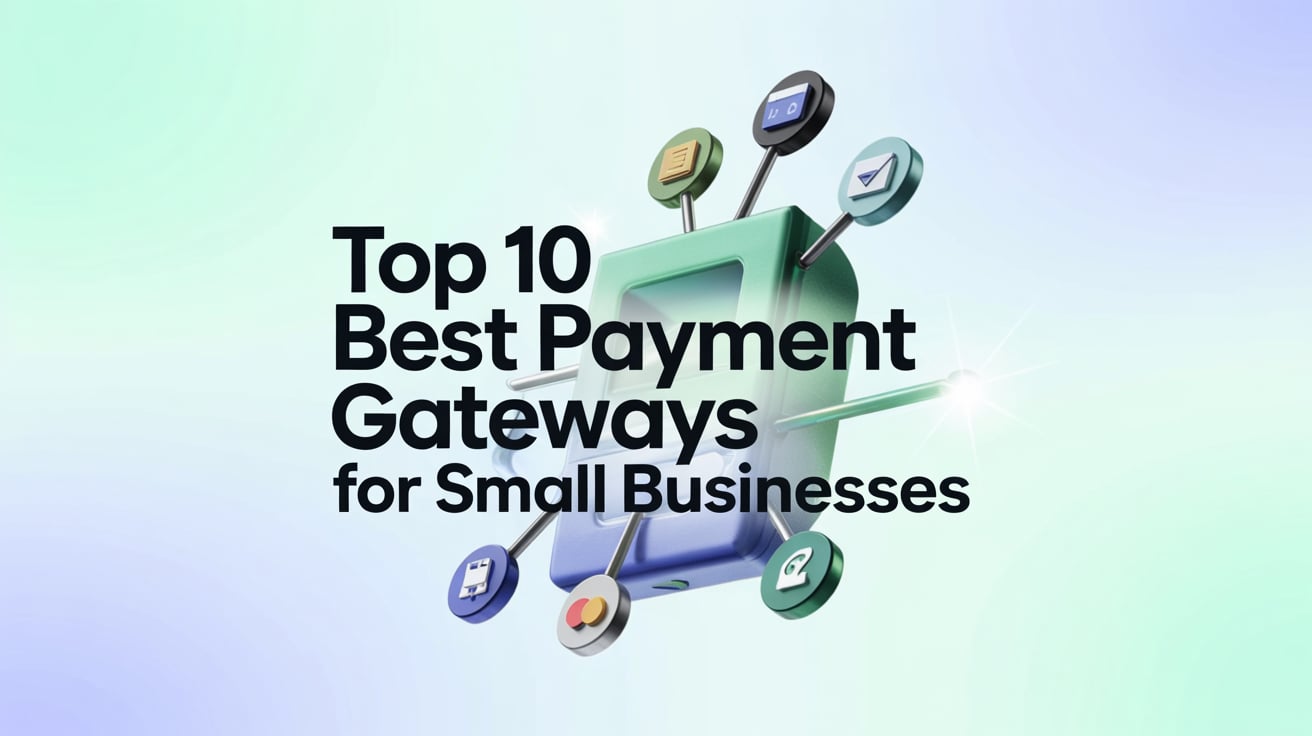

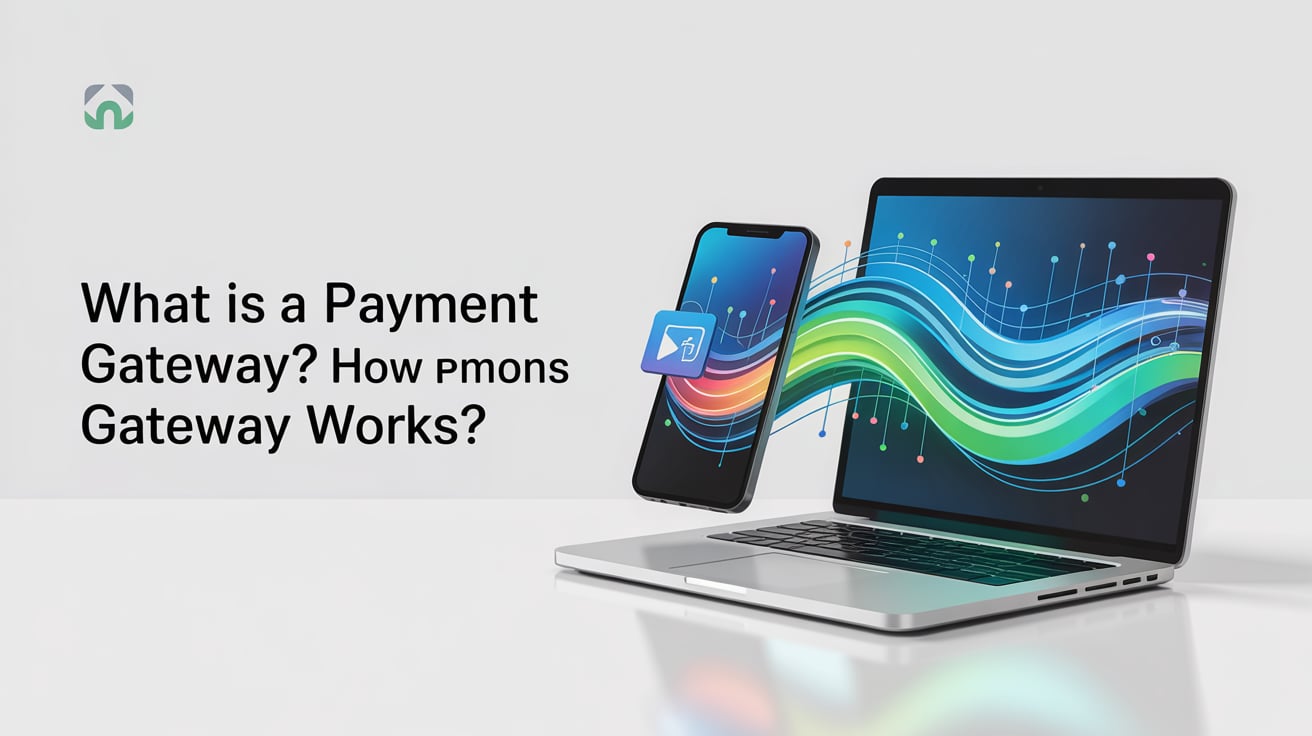
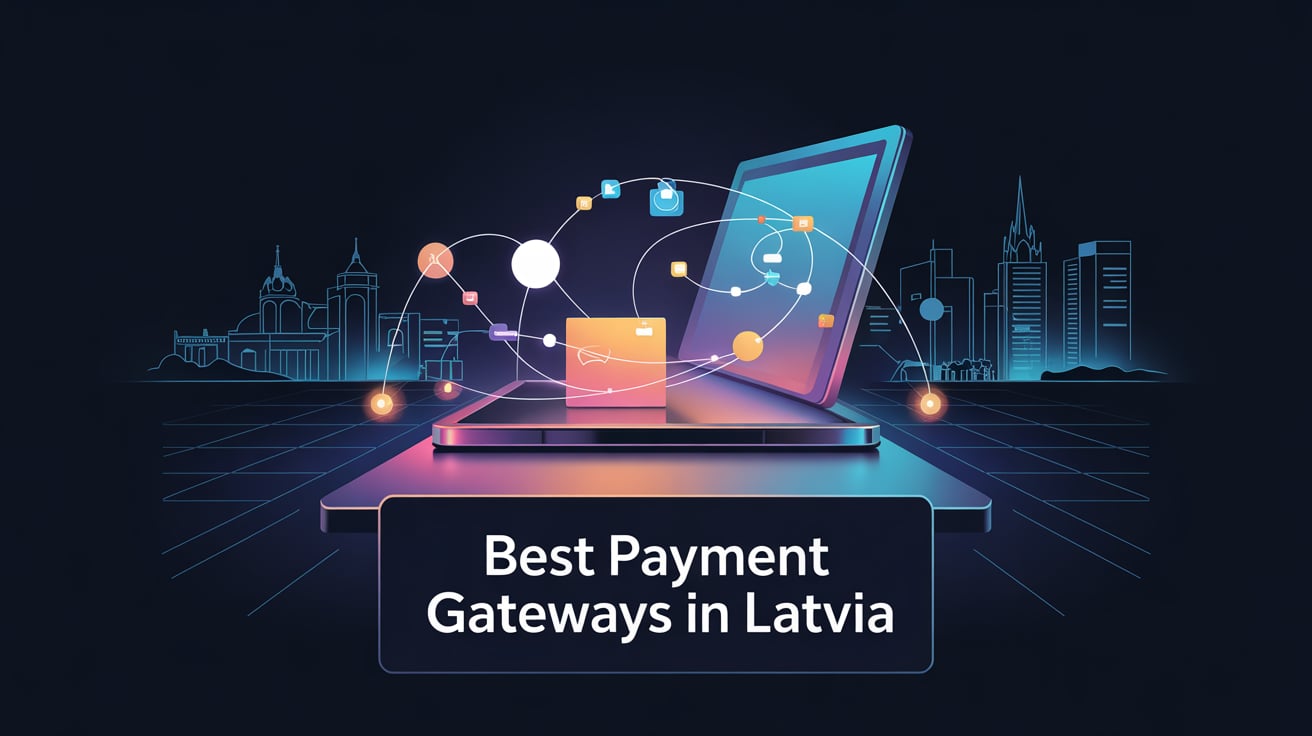

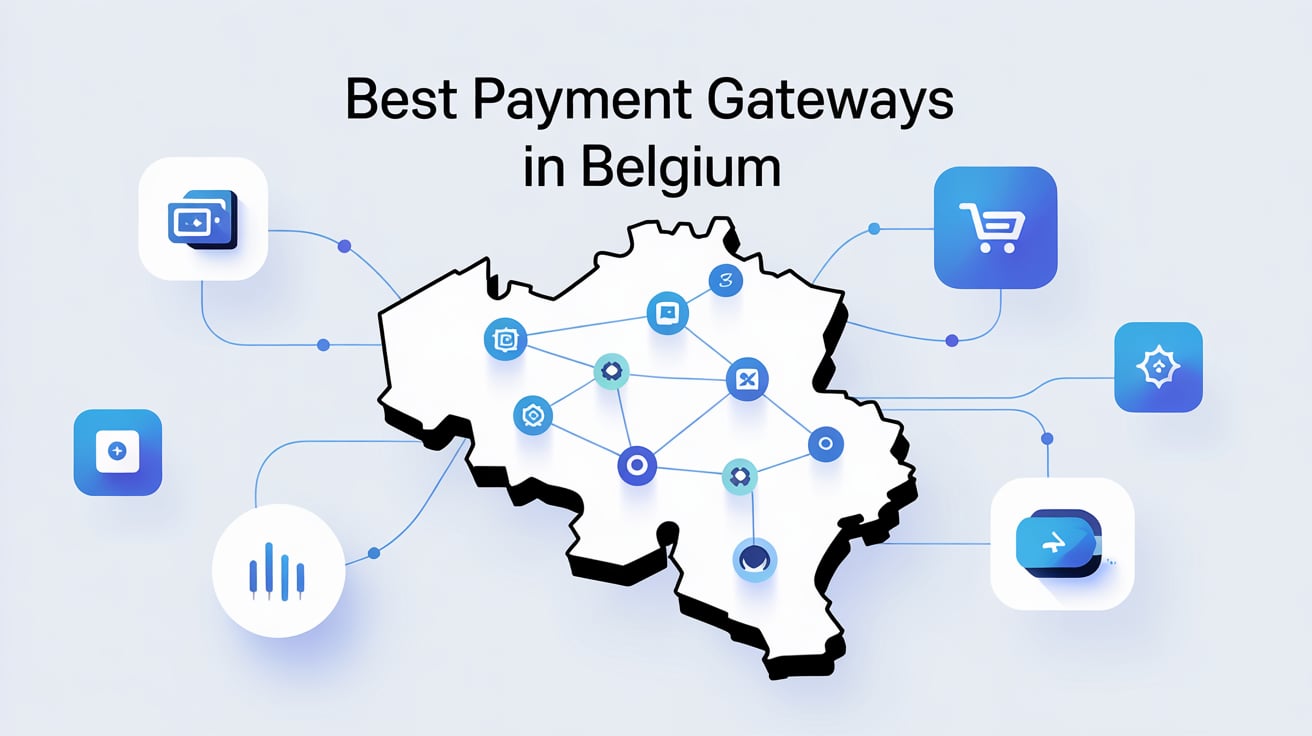
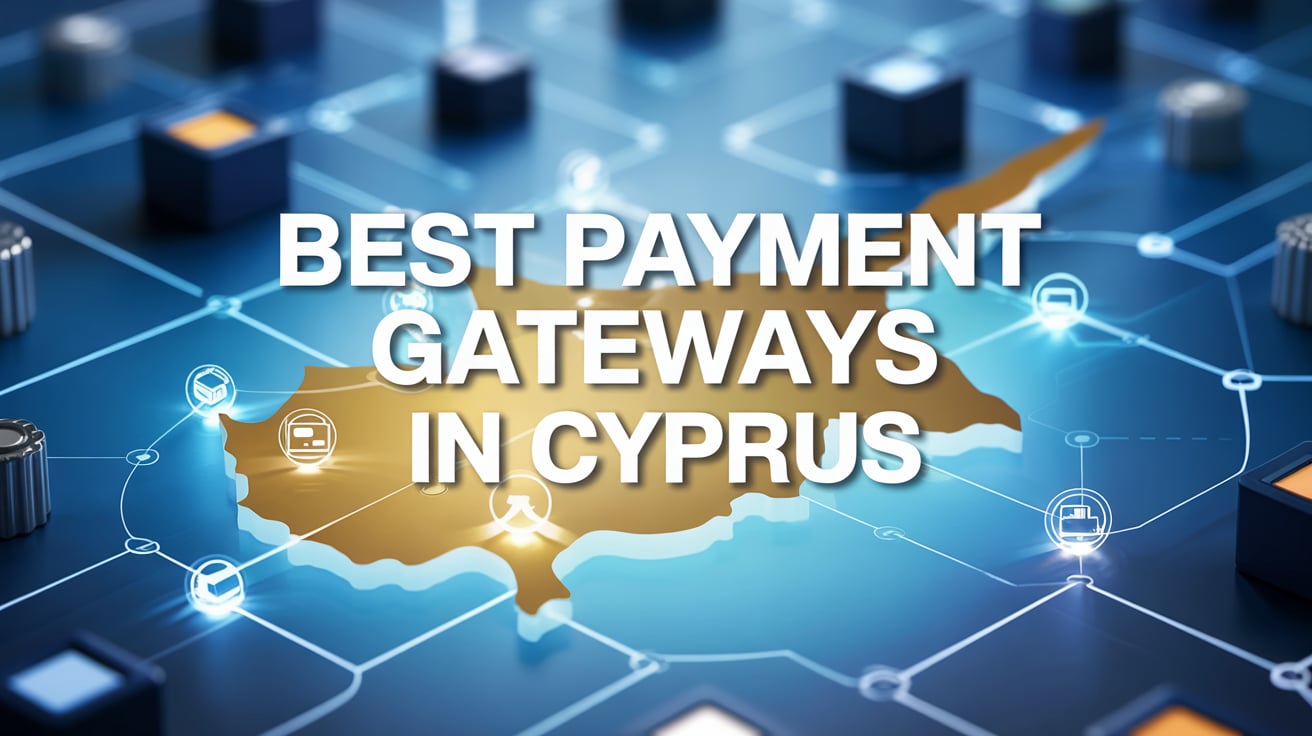
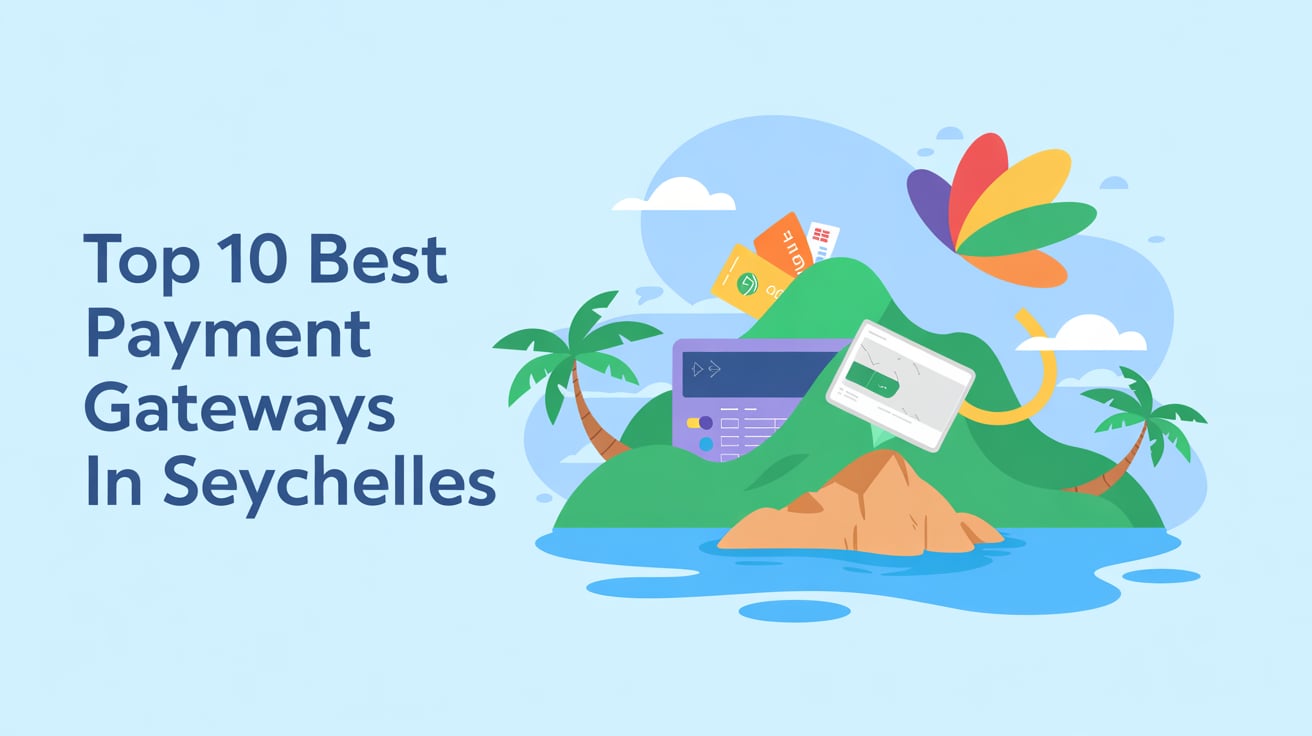
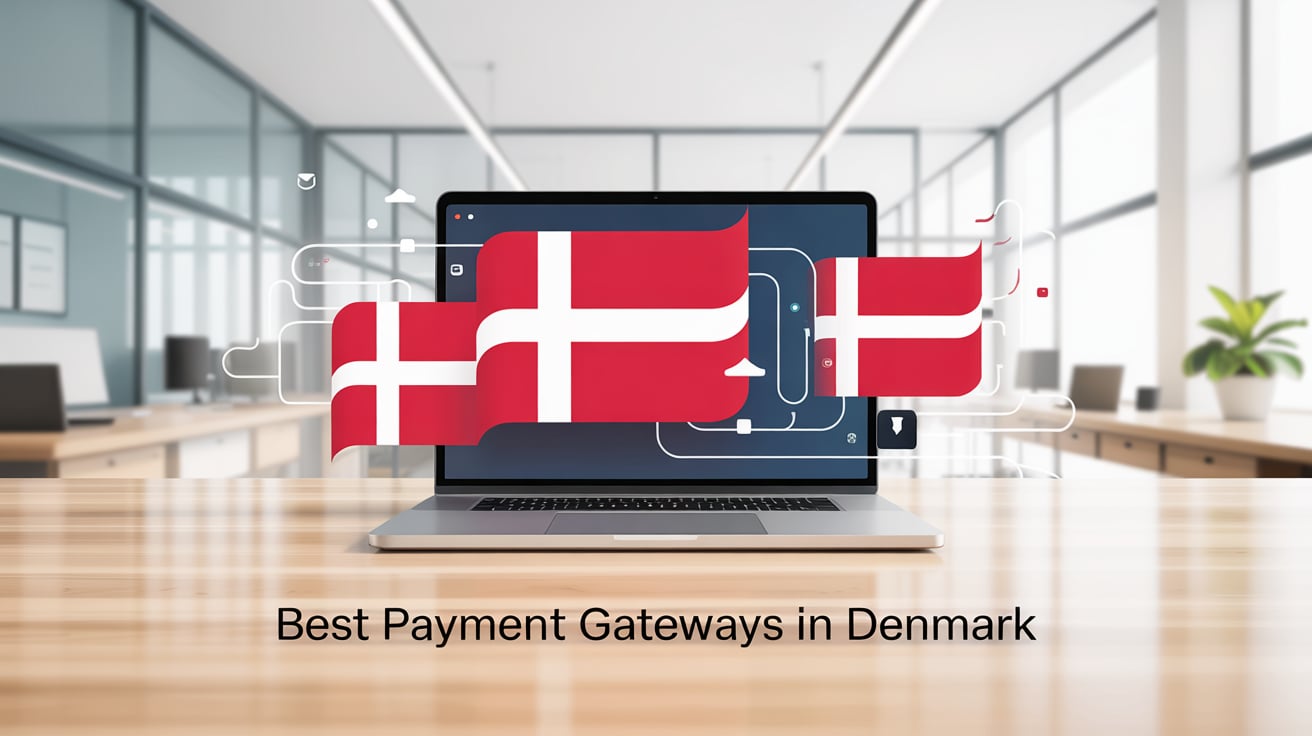
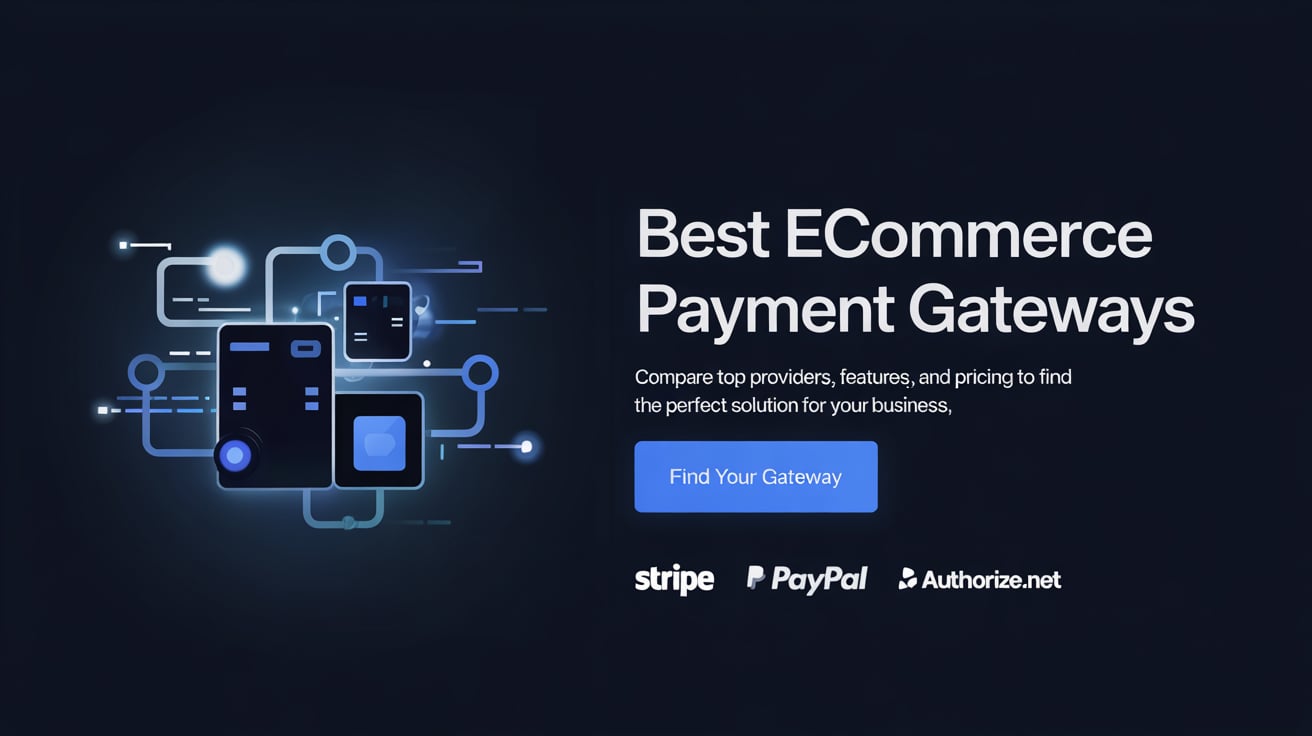
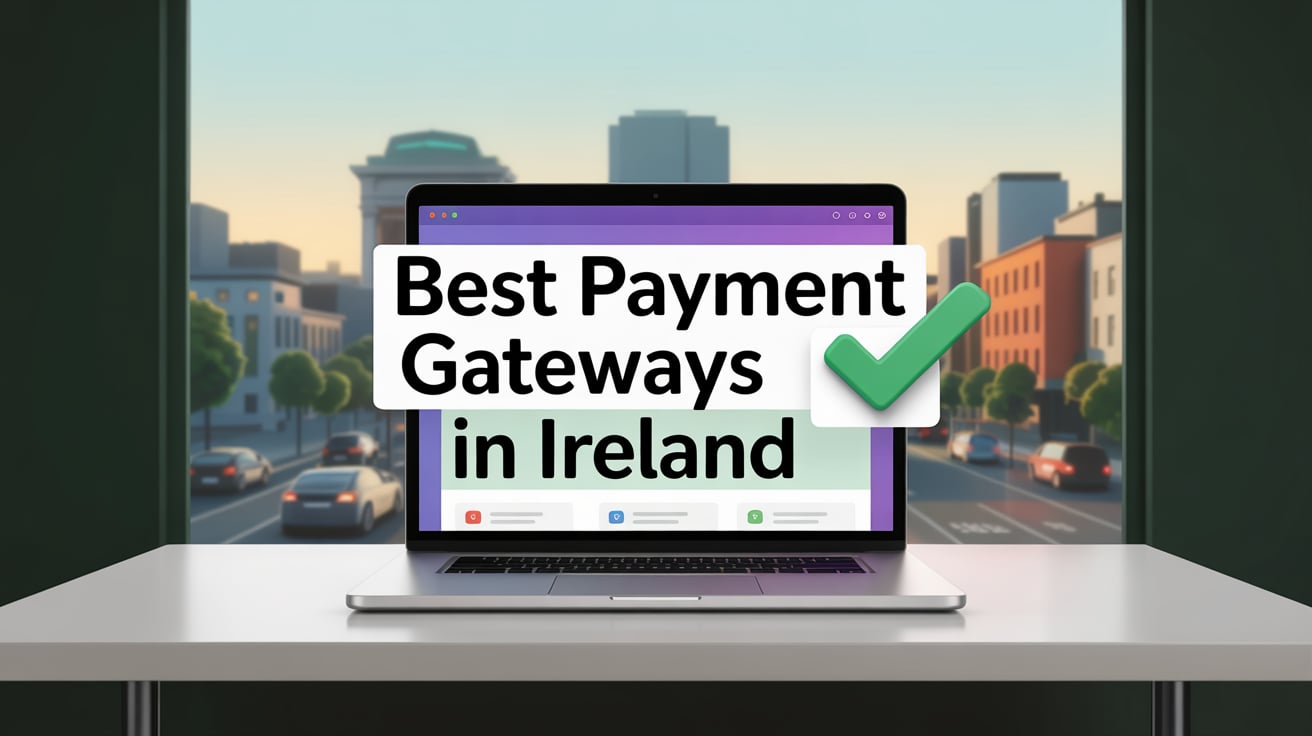

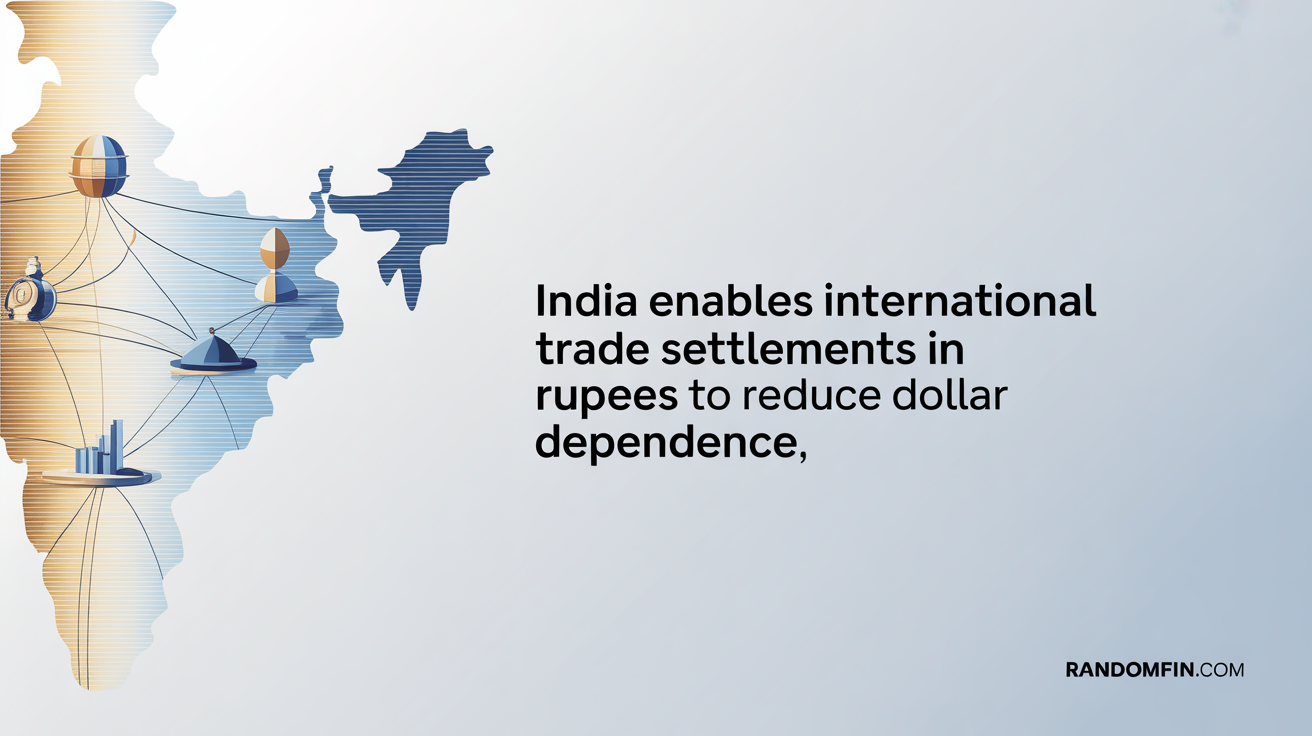

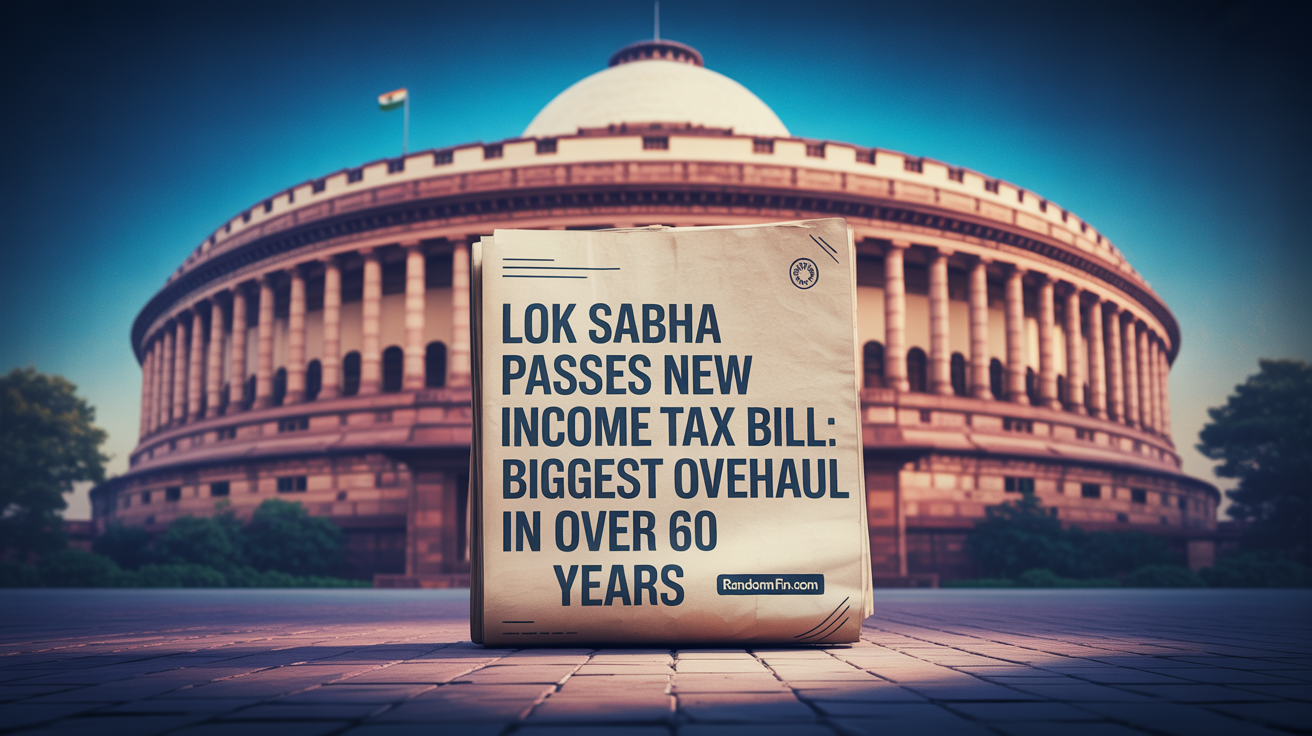
Leave a Reply